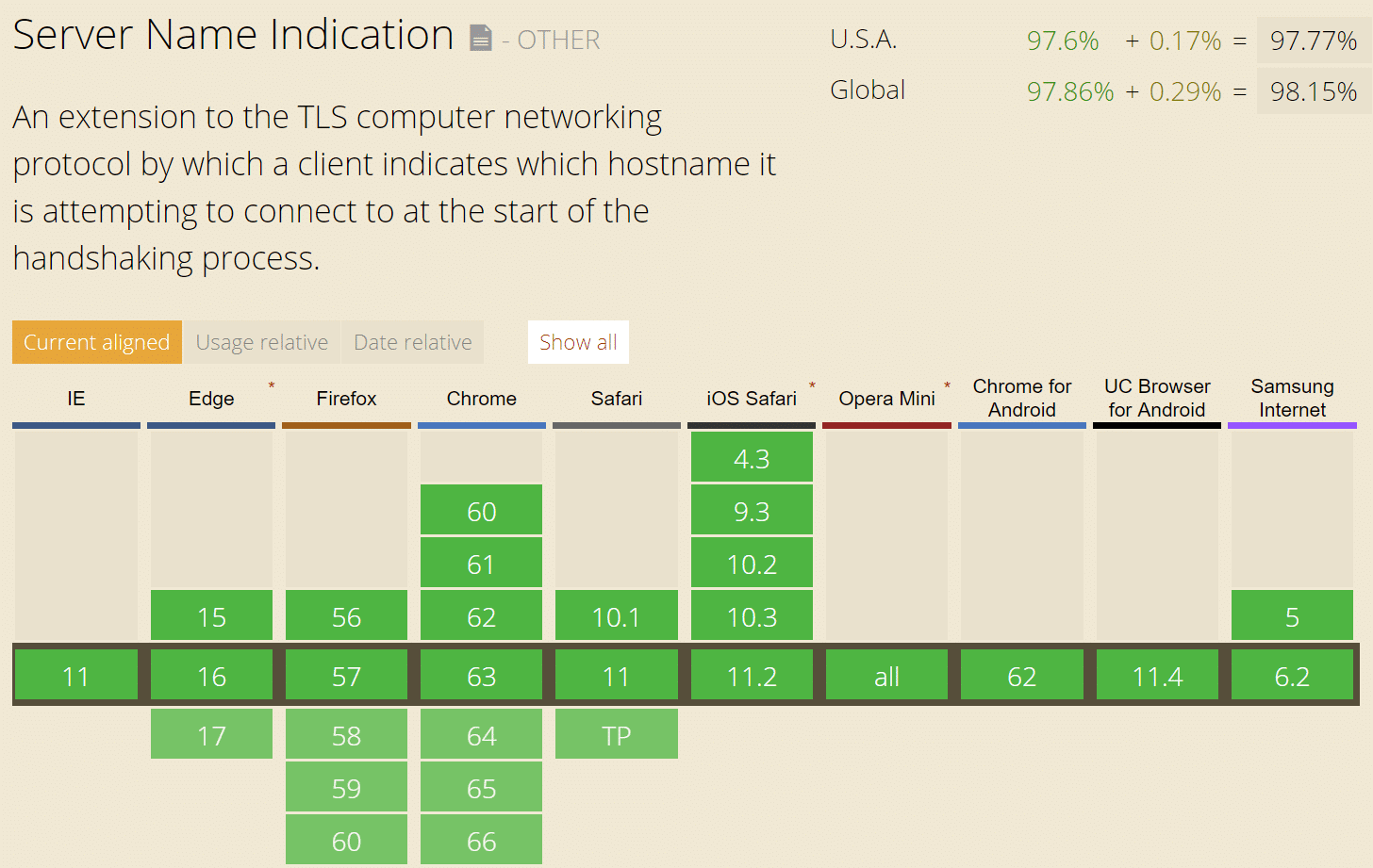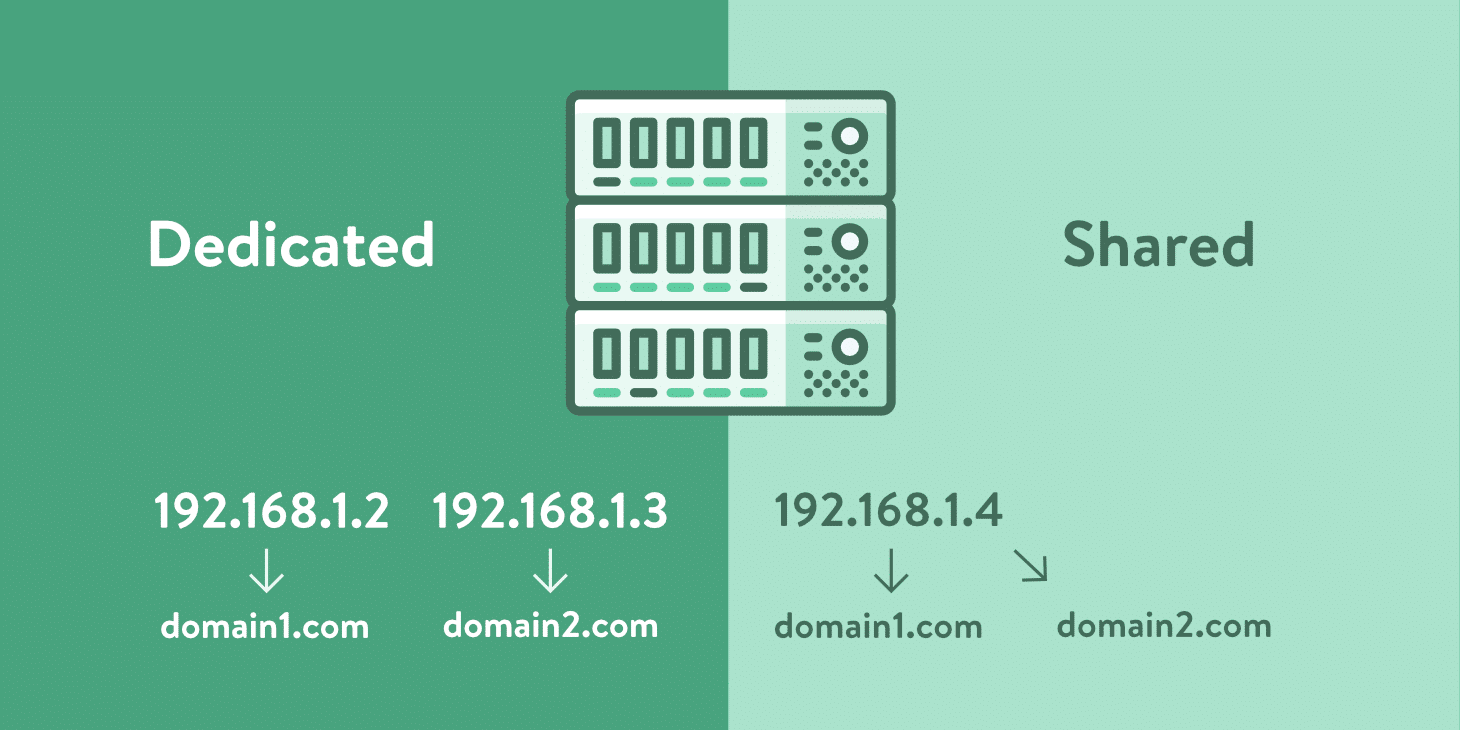You can think of DNS like a phone book for the world wide web. When you type Google.com into your address bar, a DNS query is performed by your ISP to request the nameservers associated with the domain. The mapping to the IP address is then done behind the scenes by the server which allows you to then use the domain name to access it. Without DNS you would have to type something like 216.58.217.206 to get to Google. Wouldn’t that be fun! ?

Currently, there are two types of IP addresses being used on the web and even locally by ISPs and devices such as your home router, IPv4 and IPv6.
Example of IPv4 address: 216.58.217.206
Example of IPv6 address: 0:0:0:0:0:ffff:d83a:d9ce
We won’t go too much into detail about these today, but essentially what you need to know is that the internet has been growing so fast that they needed a larger address space. Basically, we ran out of IPs! One reason IPv6 was developed was to ensure the web can keep expanding and new IP addresses can be assigned. However, when it comes to determining whether or not you need a dedicated IP address vs a shared IP address, everything still applies to both types, IPv4 and IPv6.
What Is a Dedicated IP Address?
A dedicated IP address is just what it sounds like, it means that your domain is assigned an IP address that isn’t shared or used by any other domains. It’s your domain’s home on the web. You can think of this like a dedicated phone line. A dedicated IP is typically assigned to your domain by your WordPress hosting provider, or is an add-on which can be purchased for a small fee.
What Is a Shared IP Address?
A shared IP address, unlike a dedicated one, means that your domain is mapped to an address that is shared between multiple domains. A shared IP is quite common nowadays with most WordPress hosting providers as for many configurations, there is no need for a dedicated IP address. But we’ll get into more of the reasoning behind that further below.
A Shared IP Address Doesn’t Always Mean It’s Shared Hosting
One thing that is important to point out, is that just because your site is using a shared IP address, it doesn’t mean it’s shared hosting. Shared hosting typically means your sharing hardware and networking resources with other users on a server, which could include an IP address. While a lot of times these go hand in hand, that’s not always the case.
Host SEO is a great example of where this isn’t true. We utilize LXD managed hosts and orchestrated LXC software containers for each site. What this means is that every WordPress site is housed in its own isolated container, which has all of the software resources required to run it (Linux, Nginx, PHP, MySQL). The resources are 100% private and are not shared with anyone else or even your own sites. So while we utilize shared IP addresses, we don’t offer shared hosting.
In fact, our hosting platform doesn’t fall into any of the traditional hosting categories. Our entire infrastructure is built on the Google Cloud Platform and is very different from traditional shared, VPS, or dedicated infrastructure. Check out more of our advanced features.
External IP/Proxy Address
Another type of IP address you might see come up with certain hosting providers or proxy servers (such as Cloudflare or Sucuri) is what we call an external IP address. This is typically used by hosts that utilize a load balancer or services that put you behind a web application firewall (WAF), and is the address that other servers see when your site connects to another server.
Example: yourdomain.com is originally mapped to 216.58.217.206, but it’s routed through an external IP: 104.16.1.2 which is what’s used by services connecting to your domain.
Dedicated IP vs Shared: Networking
The first section we would like to cover is what you should know about a dedicated IP address in regards to networking for hosting your WordPress sites. If you search the web, you’ll probably see some of these following reasons:
- Using a dedicated IP in regards to networking allows you to visit your website via its IP address (since it the only domain mapped to that IP). For example, if you type in
64.233.187.99 you would go directly to Google, because this is their dedicated IP address.
- Second, in regards to FTP, it also provides another easy way to get access to your server if for some reason your DNS was still propagating or had recently changed.
In our opinion, neither of the above reasons are real advantages. When was the last time you visited a website via its IP address? Probably never. ?Many simply edit their host’s file in regards to reason #2 above. This is a much more reliable approach anyways.
For some hosts, it is true that going with a dedicated IP could be advantageous as it might provide a way to prevent CPU throttling from long-running processes attached to that IP. However, in our opinion, hosts should never be throttling CPUs. We never throttle usage here at Host SEO. That’s exactly why we use an isolated container technology to ensure every client gets the resources they pay for.
Additional port access might be another advantage some claim. But most hosts today block standard ports due to abuse, even when issuing dedicated IPs. This is usually due to that fact they are still using underlying providers such as Google Cloud Platform or AWS which don’t allow certain ports for communication. This is in place to prevent abuse.
Also, we’ve had clients also ask about speed as it pertains to dedicated IPs vs shared IPs. The performance of your site will not be impacted by using a shared IP address. In fact, almost every client that migrates to Host SEO, even those coming from dedicated IP addresses, sees massive performance improvements!
Dedicated IP vs Shared: Email
Email is one area where we sometimes recommend getting a dedicated IP. But there’s a twist. This is usually only beneficial for large volume senders (we’re talking in the 100,000+ emails per year range). And even then, we don’t recommend getting a dedicated IP through your hosting provider. In fact, if you a go with a dedicated IP and only send a low volume of email, it could hurt you!
The main reason you would want a dedicated IP in regards to sending email from your WordPress site or transactional emails (such as ecommerce sales emails) is that IPs have a reputation. This is especially important when it comes to ISPs and delivery rates as an IPs reputation can impact your delivery rate and the ability to hit your customer’s inboxes.

Here’s where we pull out the shared hosting comparison and why you should use a third-party email service provider!
A good way to think of how email works with typical WordPress hosts is that it’s like shared hosting. You are tied to IP addresses that your host has configured for outgoing email. If something goes wrong with that, such as a client suddenly spamming, there is a chance the IP address could get blacklisted for spam. Then you’re suddenly left at the mercy of waiting for your host to resolve the issue with the provider or ISP. This could result in spotty delivery and wait times for your emails, which is never a good thing.
That is why we always recommend going with a third-party solution for email sending. Never use your WordPress hosting provider. There are many transactional email services that are even free up to over 10,000 emails per month. And very cheap after that.
Third-party email marketing software platforms and transactional email services are set up and configured in such a way that they can greatly increase your odds of hitting your customer’s inbox. They also have entire teams working day and night to ensure their emails reach their destinations and that their IPs aren’t blacklisted.
Also, you should think of shared IP addresses differently when it comes to outsourcing emails. Most third-party email services will charge you an additional monthly fee to use a dedicated IP address for sending. However, if you aren’t doing large volumes of email, this could possibly hurt you. A few bad reports and it could damage your IPs reputation. Shared IPs from email services typically are “warmed up,” ready to go, and are monitored already very closely by experts to ensure high delivery rates.
We, in fact deal with this topic so much we have an entire blog post dedicated to it. Check out additional reasons why you should go with third-party email services and not use your host.
Dedicated IP vs Shared: SSL and Security
Now let’s dive into what you should know about a dedicated IP address vs a shared IP address when it pertains to SSL. This is one area that has actually changed quite a bit over the past decade. In the past, it used to be that if you needed an SSL certificate, say to encrypt your ecommerce site, you would have to purchase a dedicated IP. However, then SNI was developed.
SNI stands for server name identification, and this allows hosting providers to use multiple SSL certificates on a single IP address. Basically, it sends the visitor the certificate that matches the requested server name.
When this was first developed the big issue was browser support. However, those days have come and gone. Today, according to Akamai, almost 98% of their clients requesting an HTTPS-enabled site support SNI. This is also confirmed with data from Can I use… which puts browser support for SNI at a little over 98%.

The only browsers that don’t support SNI are those running Internet Explorer on Windows XP and Android browsers on Android 1.x and 2.x. According to NetMarketShare, Windows XP only holds a 7% market share, and those running IE on Windows XP will narrow this down even further. Simply put, unless your hosting a WordPress site for enterprise clients that perhaps have never upgraded their systems, this isn’t something you need to worry about. And in fact, you shouldn’t, due to security issues, like the POODLE vulnerability in older browsers.
We utilize SNI technology here at Host SEO, and this allows you to add both your custom SSL certificates and free SSL certificates with our Let’s Encrypt integration. Regardless of the fact that we’re using shared IP addresses.
Security is also no longer a concern, as we explained earlier with our isolated container technology. You can check out our security guarantee for more information. And if you’re behind a WAF with Cloudflare or Sucuri, using one of their shared IPs can, in fact, help protect your privacy as it helps hide your origin IP.
Dedicated IP vs Shared: SEO
Last but not least, and probably the one most of you’re here to read, is the impact of dedicated IPs vs shared IPs as it pertains to SEO. First off, it’s important to keep in mind, when discussing anything SEO related, that we can only share what we’ve learned as well as what others have documented in the industry. As many SEOs know, Google doesn’t have a magic checklist for everything that says whether something is always right or wrong. However, they do have their webmaster guidelines, and shared IP addresses aren’t on there. ?
In fact, many of the top brands on the web (Google, Target, CNN, Coca-Cola) are using shared IP addresses to host multiple domains. A simple reverse-IP lookup reveals this.
However, with that being said, some of the team members here at Host SEO have been doing SEO for 10+ years and we’ve migrated thousands of WordPress sites. So in short, when it comes to quality WordPress hosting and SEO, a dedicated IP is most likely not going to help you. We’ll explain why below.

Notice, we said “quality WordPress hosting” above. This is because it could be a concern if you’re using a low-quality host that allows spammy or hacked site to keep running on their platform. Just like with email reputation, IPs can get blacklisted, although typically it’s by domain name, not IP.
But don’t worry. Google is actually quite smart and usually understands that the website can be on shared hosting and you can’t control websites, which share the same IP or IP subnet. Another site sharing your IP could even have been hit with a negative SEO attack. There are all sorts of spam and malware which Google takes into consideration and it knows that people are using shared IP addresses. So they don’t blacklist lightly.
Here at Host SEO, we have active and passive measures to stop attacks and malicious intent in its tracks. We monitor uptime, DDoS attacks, scan for malware, and have hardware firewalls in place. Bottom line: all sites are monitored and secured 24×7 and we shut down spammers immediately and fixed hacked sites as soon as we become aware of them. We also have certain sites that we don’t allow, as stated in our TOS. Therefore, even though we use shared IP addresses, there is no risk of this happening here.
Another concern we see from some clients is how SEO might be impacted when you change IPs. Because if you change hosting providers, or even implement a security service such as Cloudflare or Sucuri, Google is going to see a new IP address attached to your domain. However, we have migrated all sorts of sites, everyone from small businesses to fortune 500 companies, and we can reassure you this isn’t something you need to worry about. Huge companies change hosting providers and IPs all the time. They wouldn’t do so if rankings were harmed, and security solutions such as Cloudflare and Sucuri wouldn’t even exist!
And if you want a little reassurance as it pertains to rankings, here’s a quote from Matt Cutts, the former head of the webspam team at Google.
I’m happy to affirm that this statement which was true in 2003 is still true now. Links to virtually hosted domains are treated the same as links to domains on dedicated IP addresses.
And here is another confirmation from John Mueller, a Google Webmaster Analyst:
All the same IP address — that’s really not a problem for us. It’s really common for sites to be on the same IP address. That’s kind of the way the internet works. A lot of CDNs (content delivery networks) use the same IP address as well for different sites, and that’s also perfectly fine.
Summary
Hopefully, this helped provide a little insight into the current status of whether or not you need a dedicated IP address or shared IP address when it comes to hosting your WordPress site. To recap:
- A WordPress host that uses shared IP addresses doesn’t mean that it’s shared hosting. There’s a difference. We use shared IP addresses here at Host SEO but we don’t offer shared hosting.
- The speed of your site won’t be harmed by using a shared IP address.
- A dedicated IP can benefit if you’re sending large volumes of email. However, we never recommend using your host for email sending. Therefore, when choosing a host, this is not something you should be concerned with.
- Using a dedicated IP for SSL is a thing of the past. Hosts now allow you to upload custom SSL certificates and some offer free certificates with Let’s Encrypt thanks to SNI technology.
- If you’re using a high-quality WordPress host, you don’t need to be concerned with SEO being impacted.
- Changing IPs is fine. Fortune 500 companies do this all the time.


















